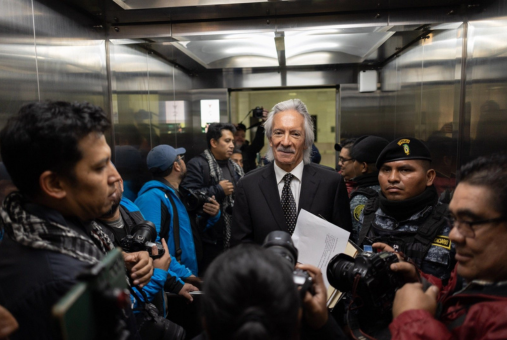
The director of former newspaper elPeriódico faces multiple criminal charges in cases international and national organizations criticize as flawed and politically motivated.
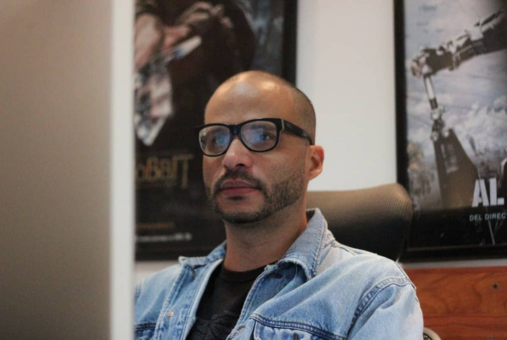
Rory Branker, an editor at online outlet La Patilla, has been detained for nearly a year, transferred without notice and never brought before court. He is among at least five press workers still held.

As Venezuela enters an unpredictable new period, reporters covering events on the ground face detention, seizures of equipment and pressure to erase their work.
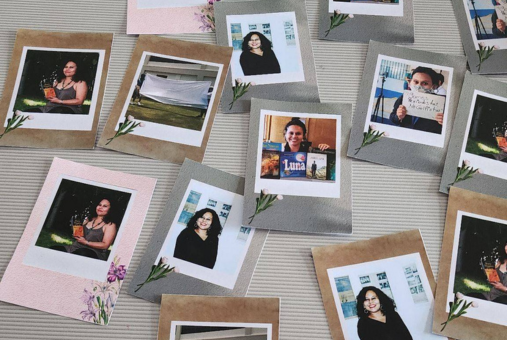
Tercero promoted books and reading. Now press groups, who are demanding answers on two other jailed reporters, say her disappearance is a symbol of Nicaragua’s crackdown on free thought
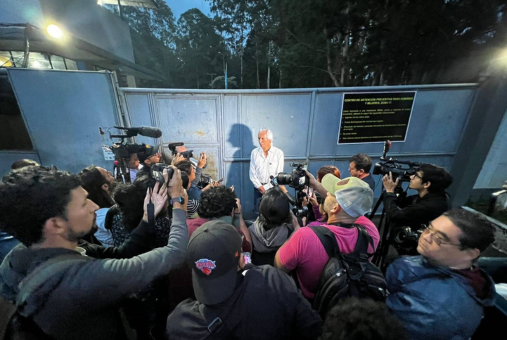
Zamora, known for exposing corruption, had been behind bars for more than two years in a detention observers say was mired in irregularities. “I have the spirit, courage and faith” to keep fighting, he says.
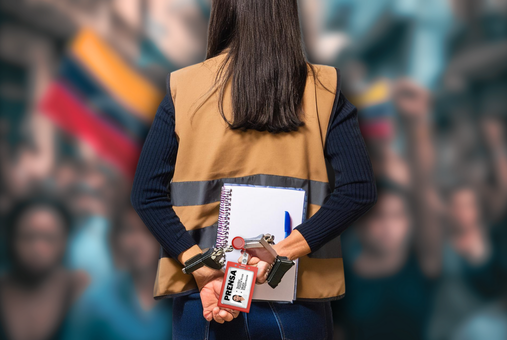
Some local journalists in Venezuela’s regions are turning away from reporting to stay safe in the face of repression.
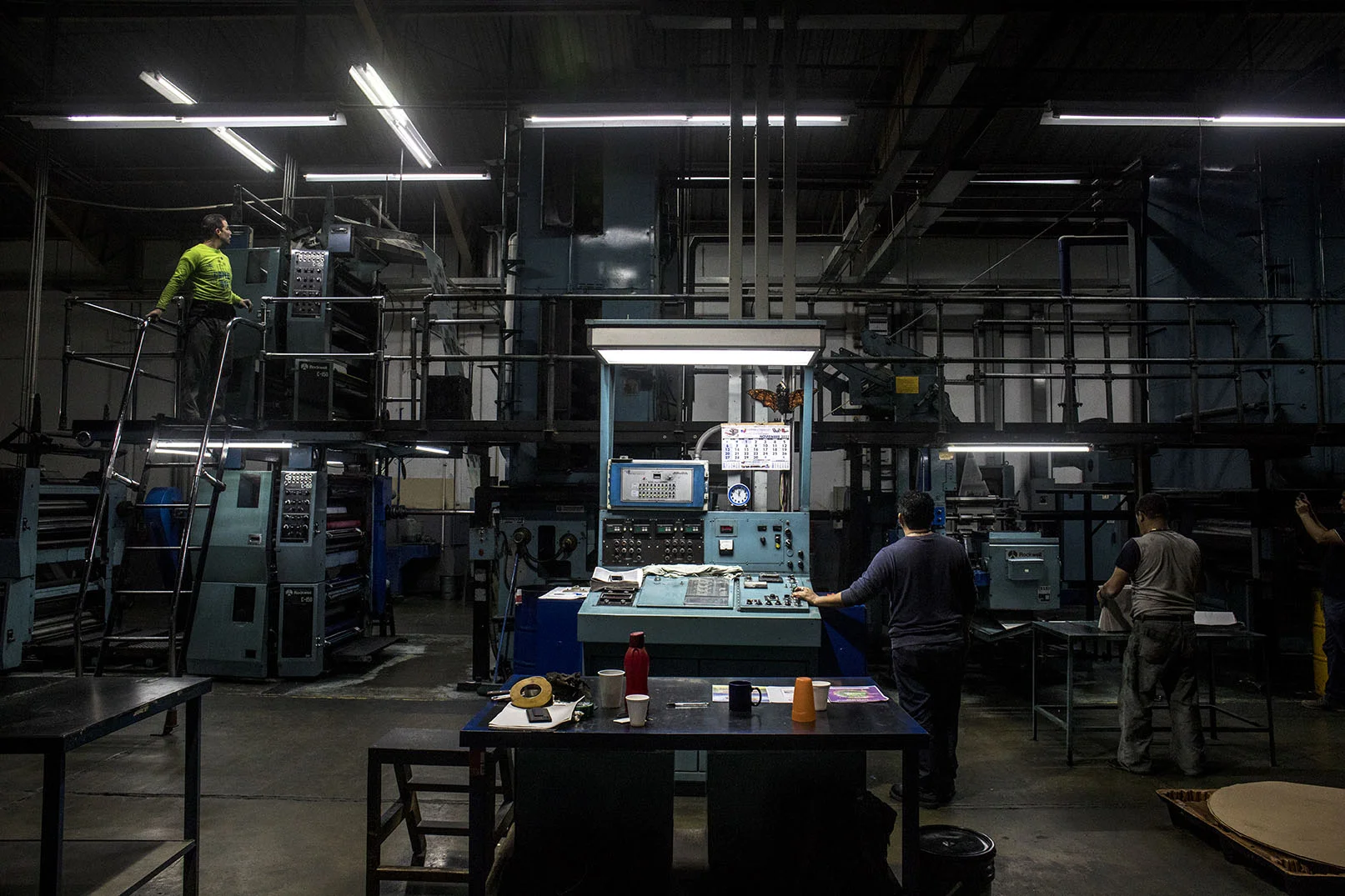
ElPeriódico, the media outlet founded by Guatemalan journalist José Rubén Zamora in 1996, was also targeted when the judicial harassment against Zamora began, according to people close to him. With two years since its founder was imprisoned and almost one year since the newspaper ceased publication, journalists in Guatemala are filling the void with more journalism.
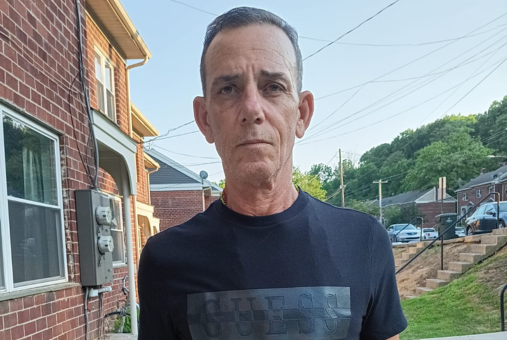
One month after his release from a Cuban prison, journalist Lázaro Yuri Valle Roca speaks with LJR about how being the grandson of a communist commander turned him into an unwavering dissident, and how international pressure led to his release
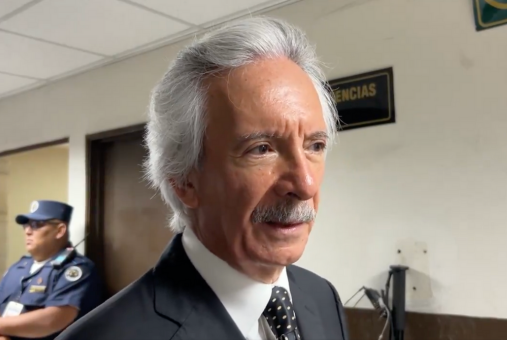
Despite being granted house arrest in May, José Rubén Zamora has now suffered another legal setback in courts. An appeals court has revoked the measure. His son, José Zamora, says the decision is a continuation of harassment against his father.

José Rubén Zamora Marroquín has already spent more than 570 days in the Mariscal Zavala prison in Guatemala despite having his sentence annulled. Added to that is the fact that various national and international organizations have highlighted the violations of human rights and international law throughout his case. In what seems to be the most recent strategy […]
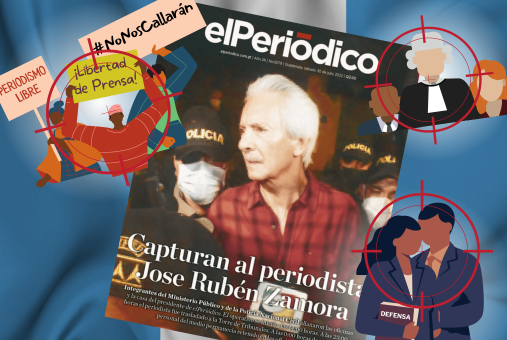
The arrest and court case of journalist José Rubén Zamora raises suspicions of a strategy by the Guatemalan government to silence the press and even political opponents in the midst of an electoral campaign flooded with allegations of corruption, according to analyses by journalists and human rights experts.
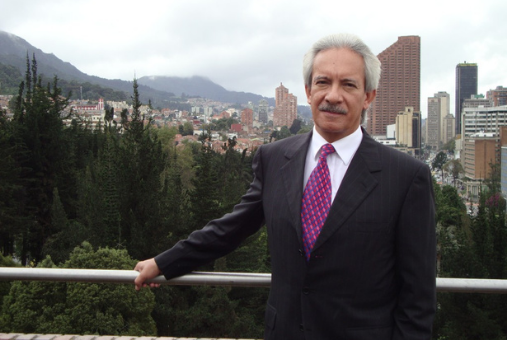
The International Center for Journalists (ICFJ) held the panel "Imprisoned for reporting: Guatemalan authorities target a prominent journalist" to discuss the case of journalist José Ruben Zamora, who will soon complete a month in prison. The panel was attended by Carmen Aristegui, Lucy Chay, Carlos Dada, José Zamora (son) and Carlos Jornet.